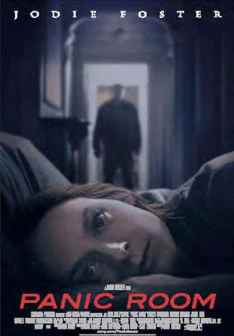Film-TV 1: Notes on Characters
This week we dove into the topic of characters more extensively. Sitting through the lecture made me realize just how little I know about developing a good, well-rounded character. And so here are a few things I’ve gathered from this week’s lecture.
For starters, characters are never typical or ordinary. They’d just be boring if they were. An easy way build character and to ensure they aren’t banal is to give them a want – an external or conscious drive, and a need – an internal or unconscious drive. In addition to that, we must also ask ourselves what’s at stake. Take a boy who deals drugs for instance. There’s nothing out of the ordinary judging by that action alone. It’s when you add in the ‘why’ factor that gives it meaning. For example, the boy deals drugs in order to pay for his mother’s gambling debt.
Subsequently, when building a character we must always consider the believability of it all. That being said, we must take into consideration whether or not the character’s action is appropriate or in sync with the character’s personality. For instance, you wouldn’t make a person who’s allergic to fur to rare a cat. It’s implausible. Unless he/she is absolutely insane or mentally unstable.
Lastly, not all genres require character complexity. Horror, mystery, and comedy genre films are often filled with twists or unexpected events, hence they are considered plot driven and it is for this reason that they do not require well thought-out characters. Conversely, dramas play on the viewer’s emotions, and so the employment of complex characters are essential in order to bring about an emotional response. Thus deeming dramas character driven. Below are some examples of plot and character driven films.
Plot Driven Films
Character Driven Films



